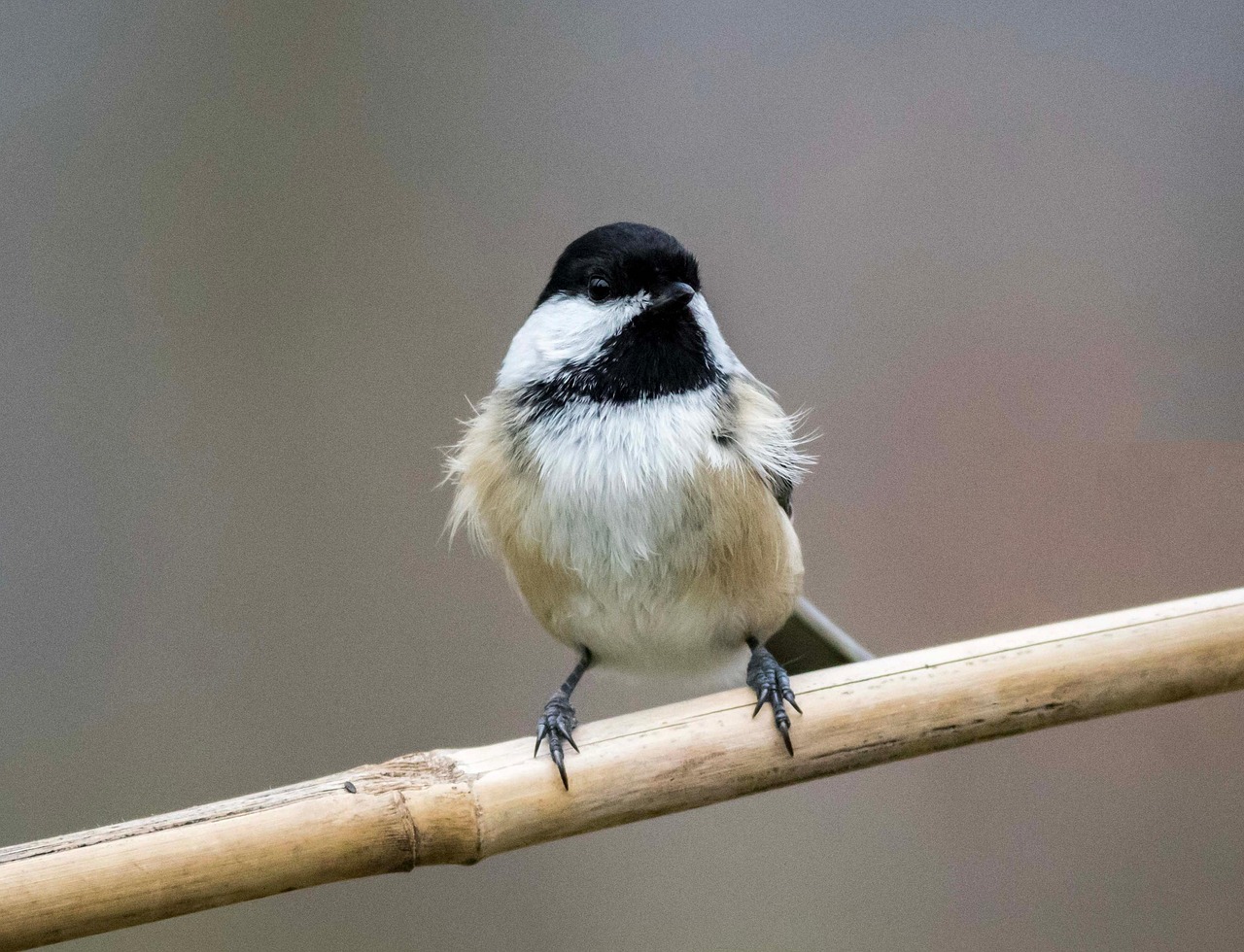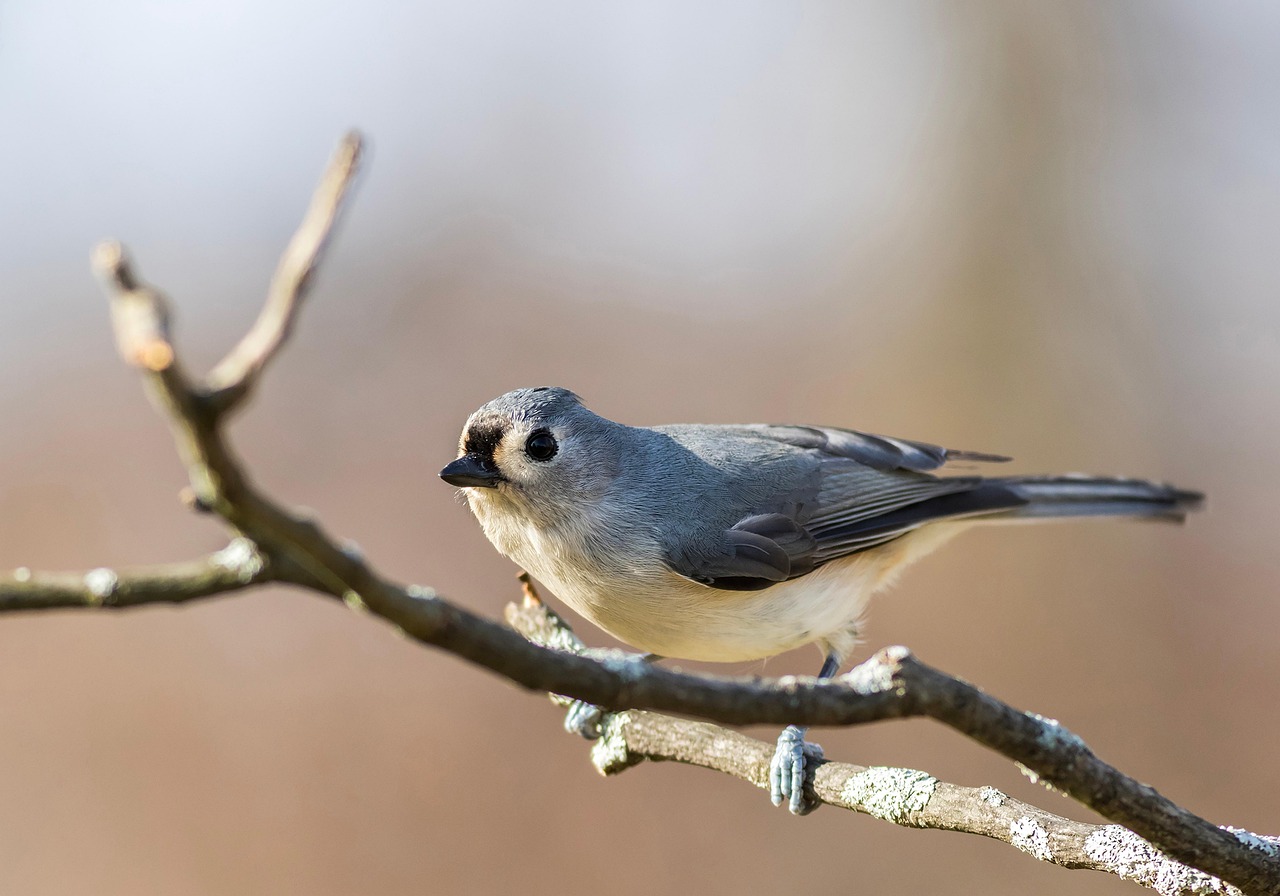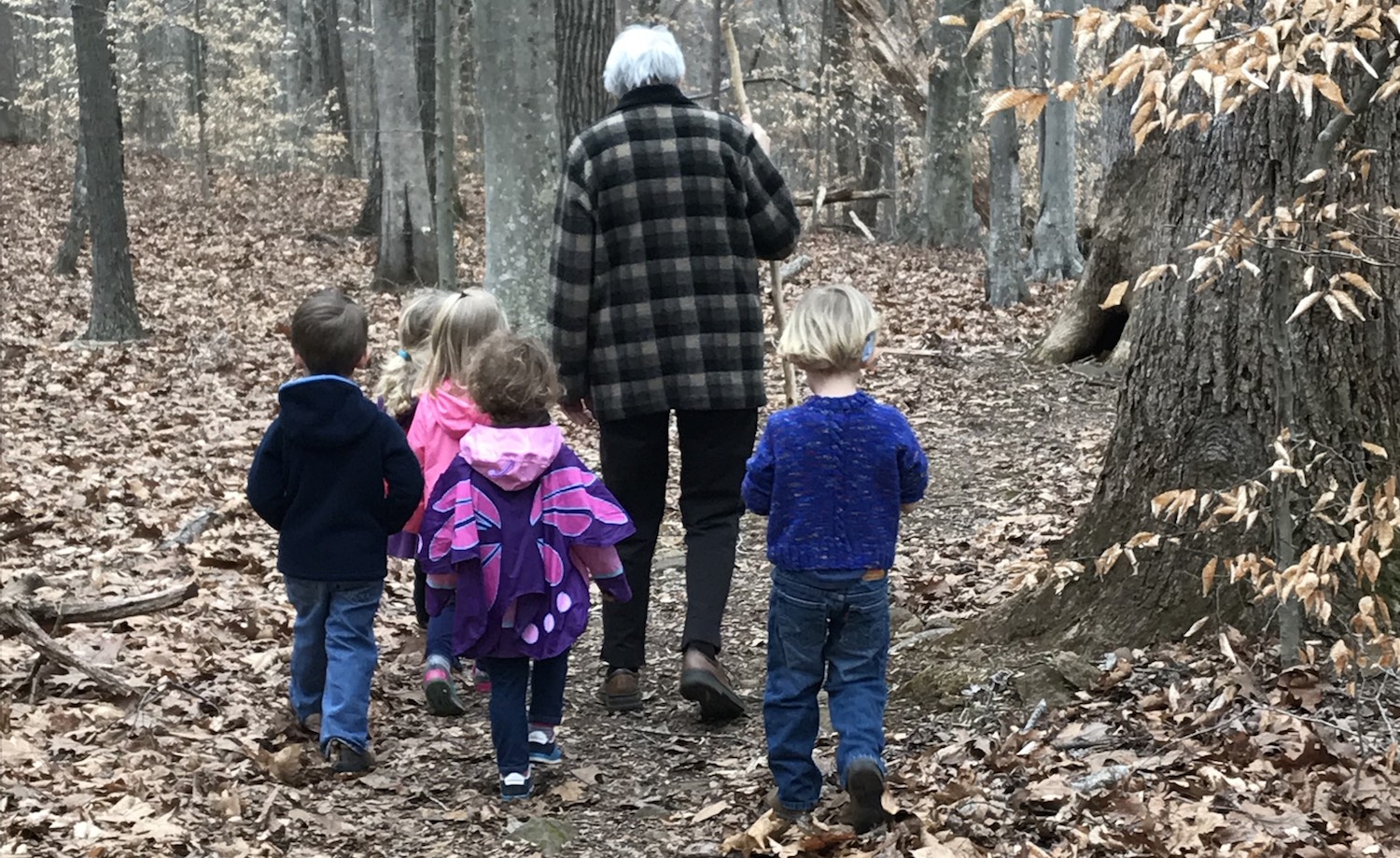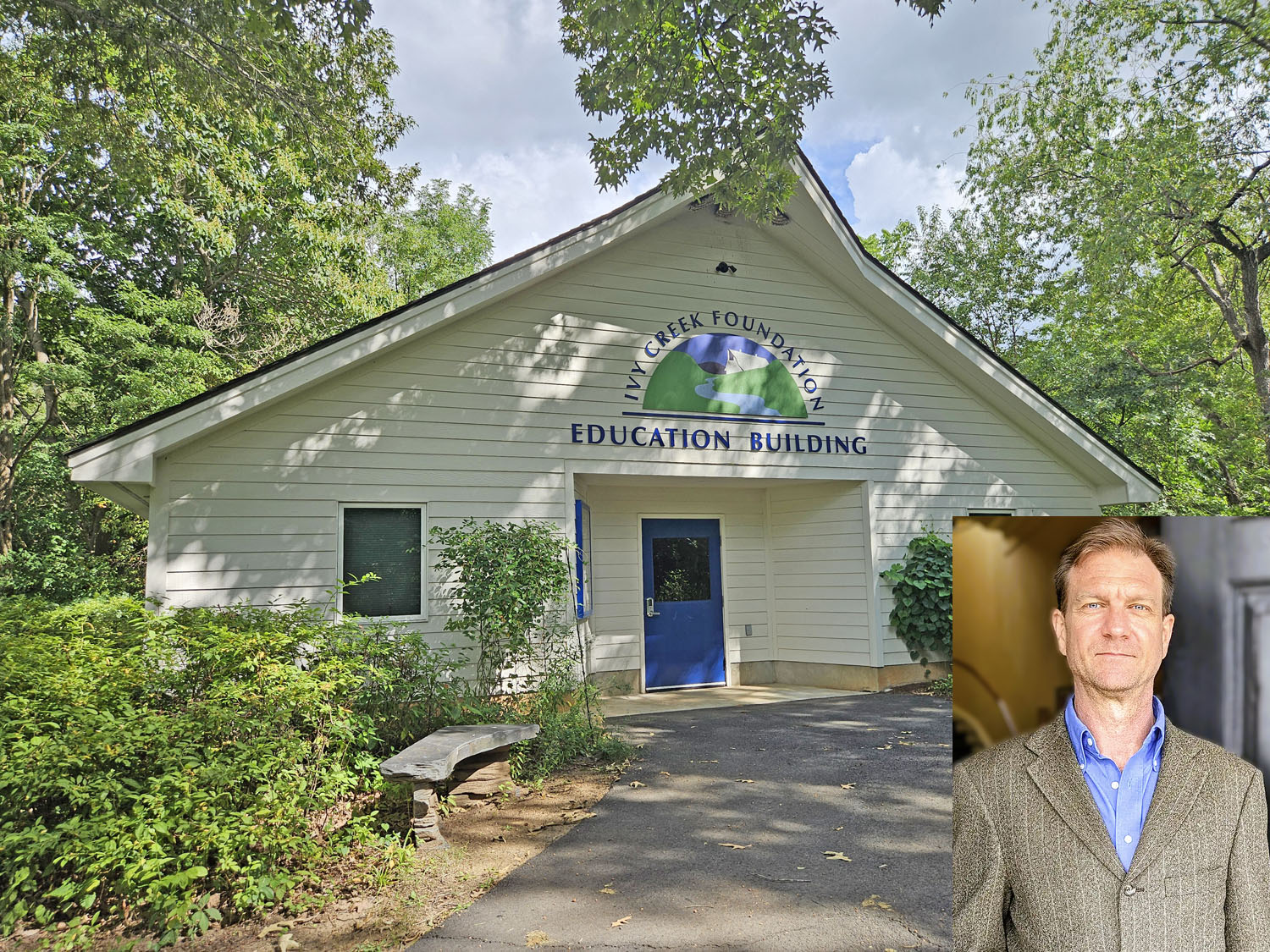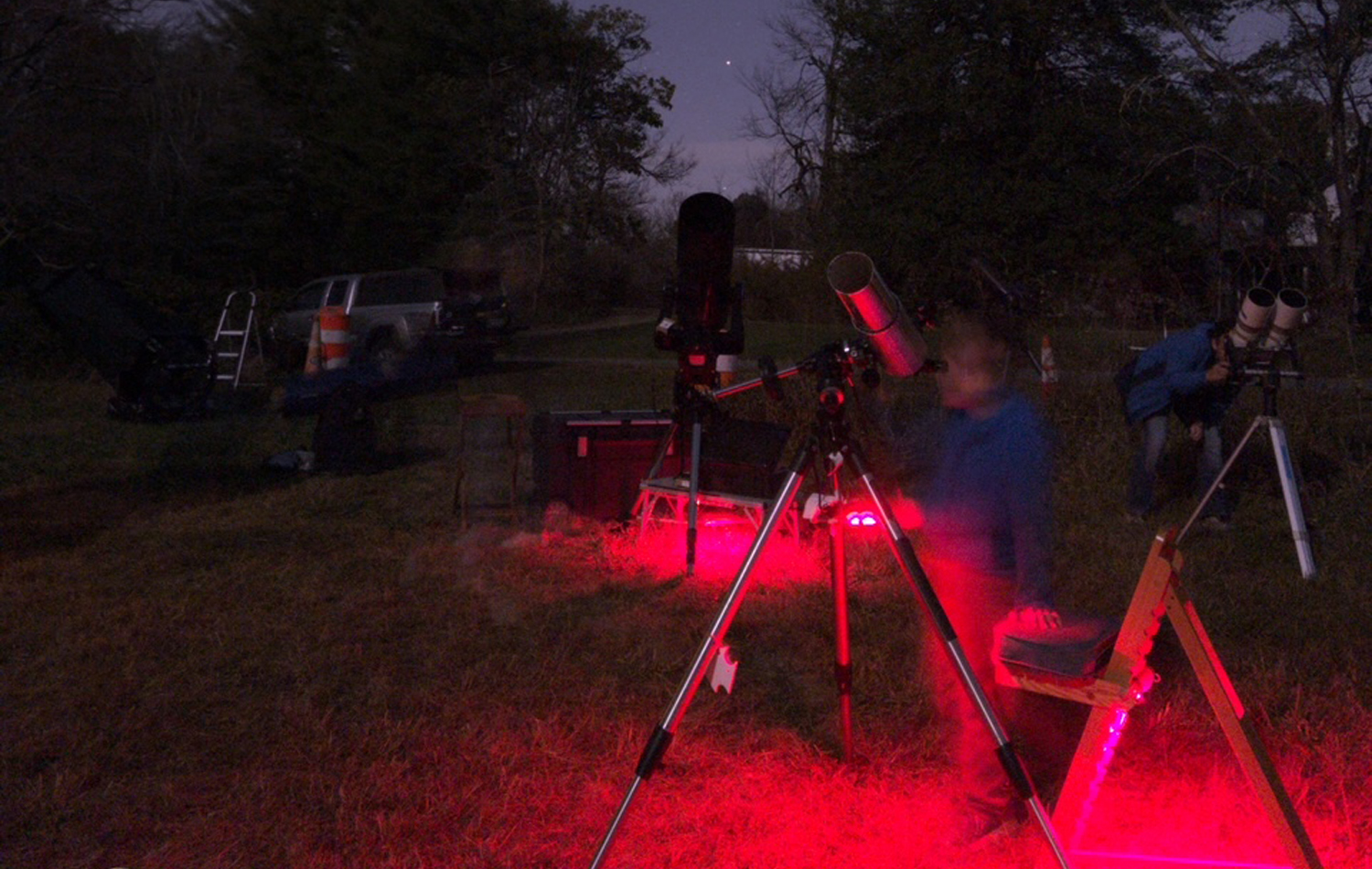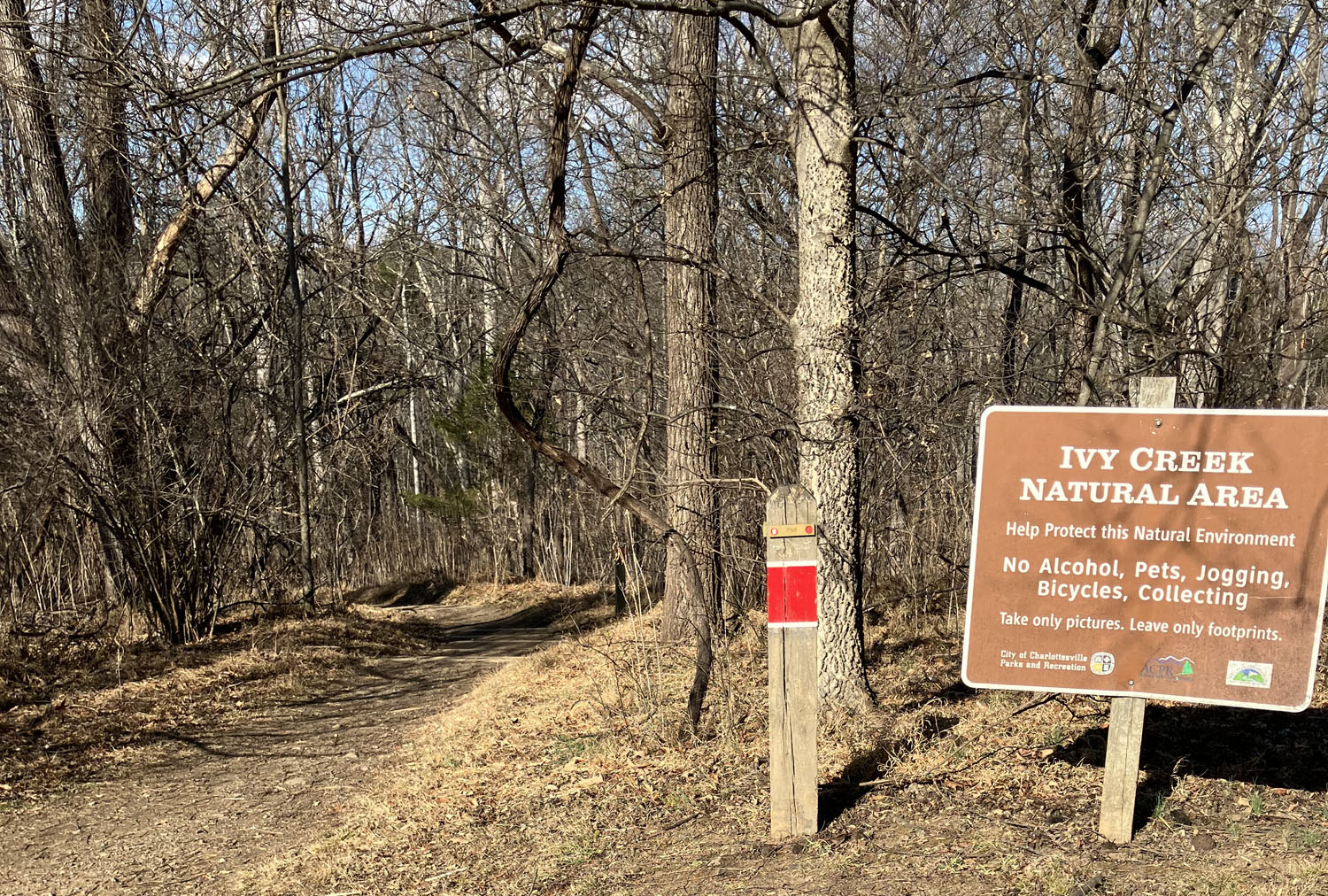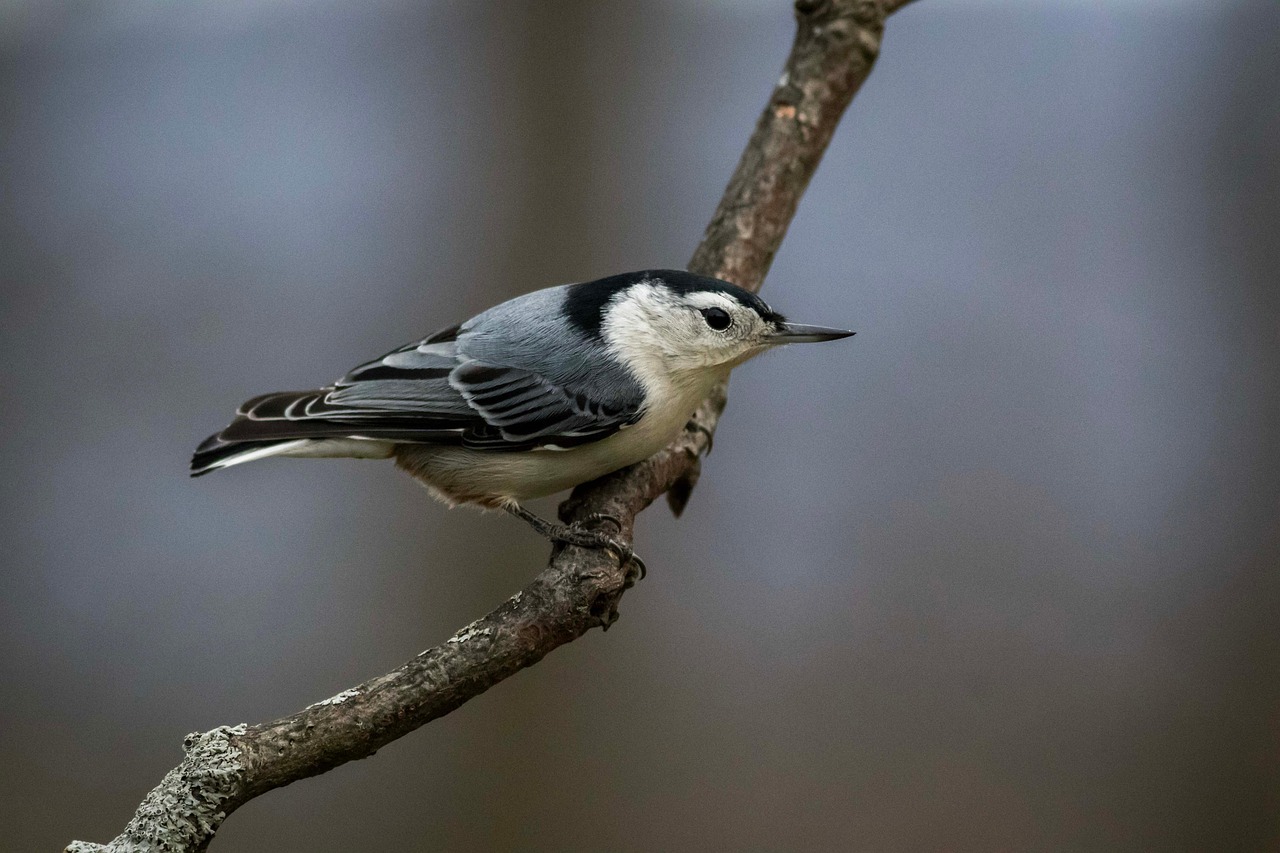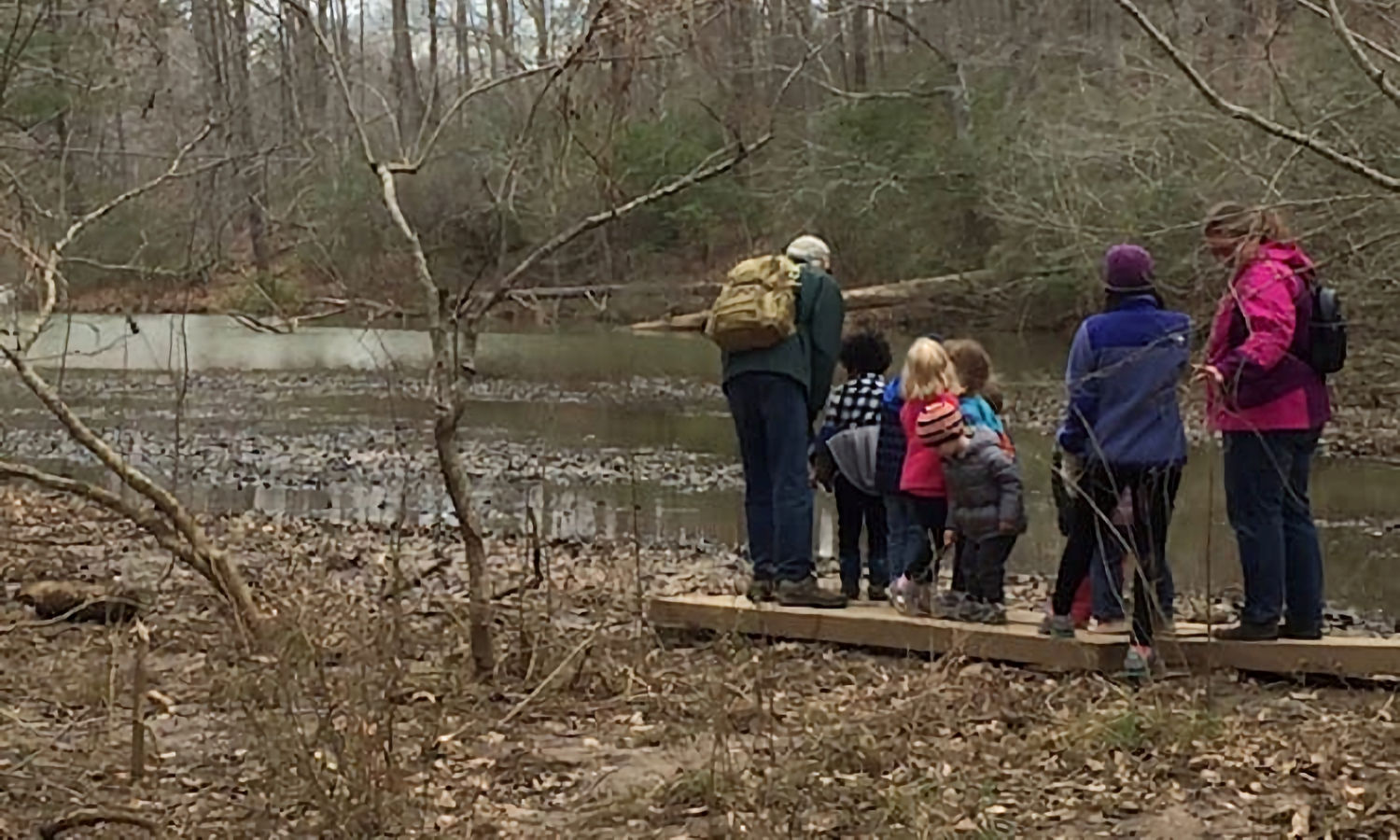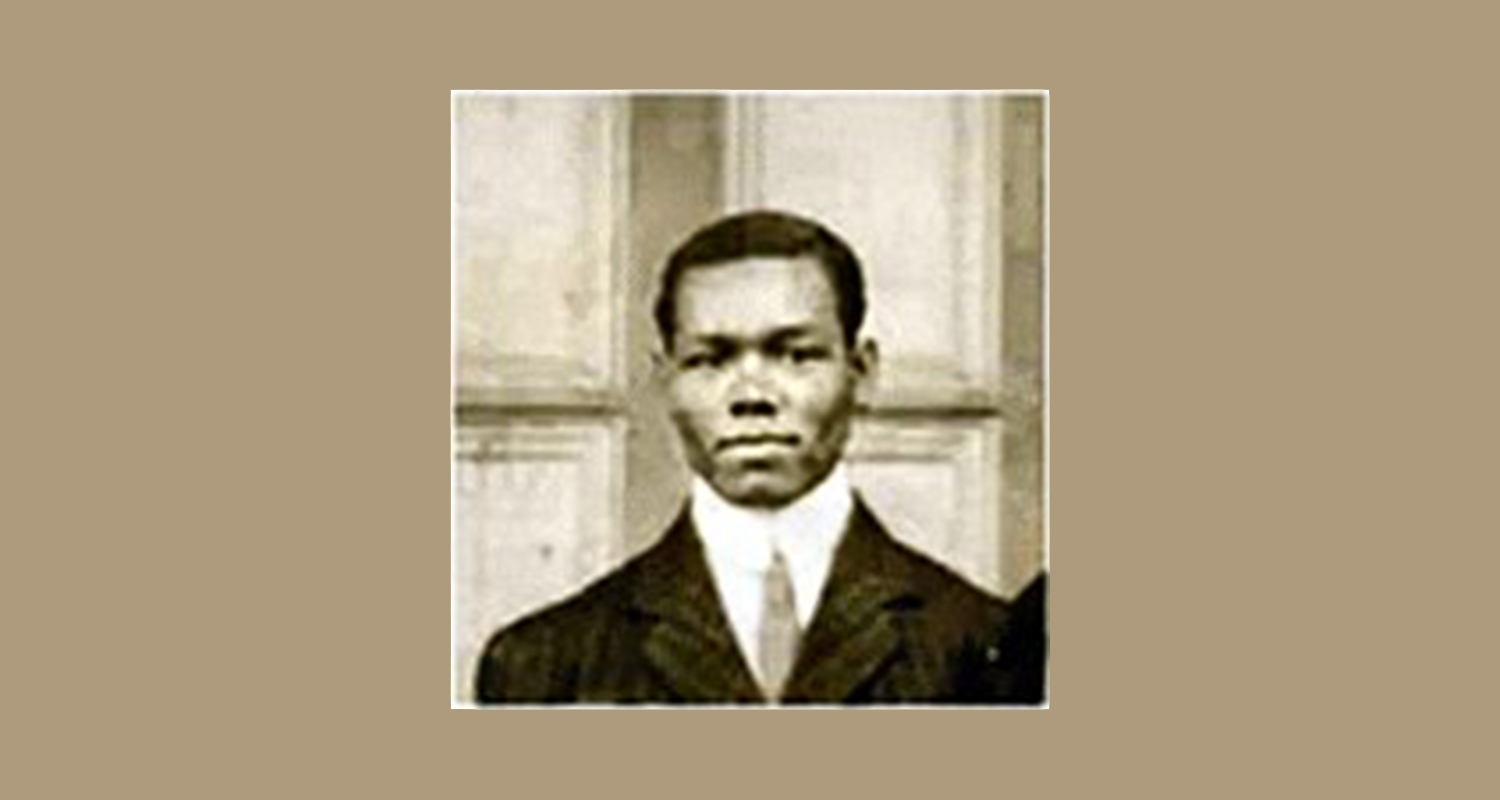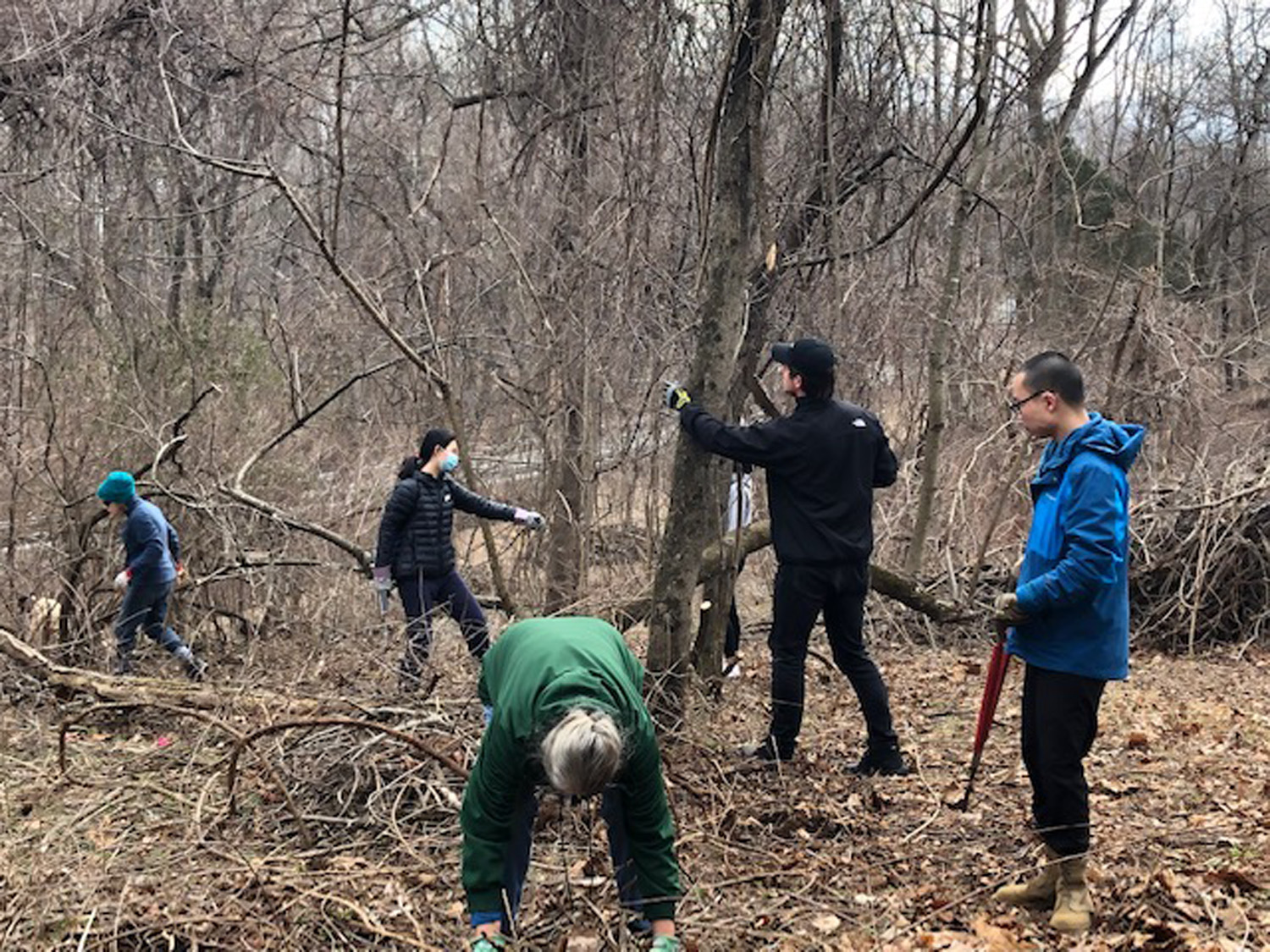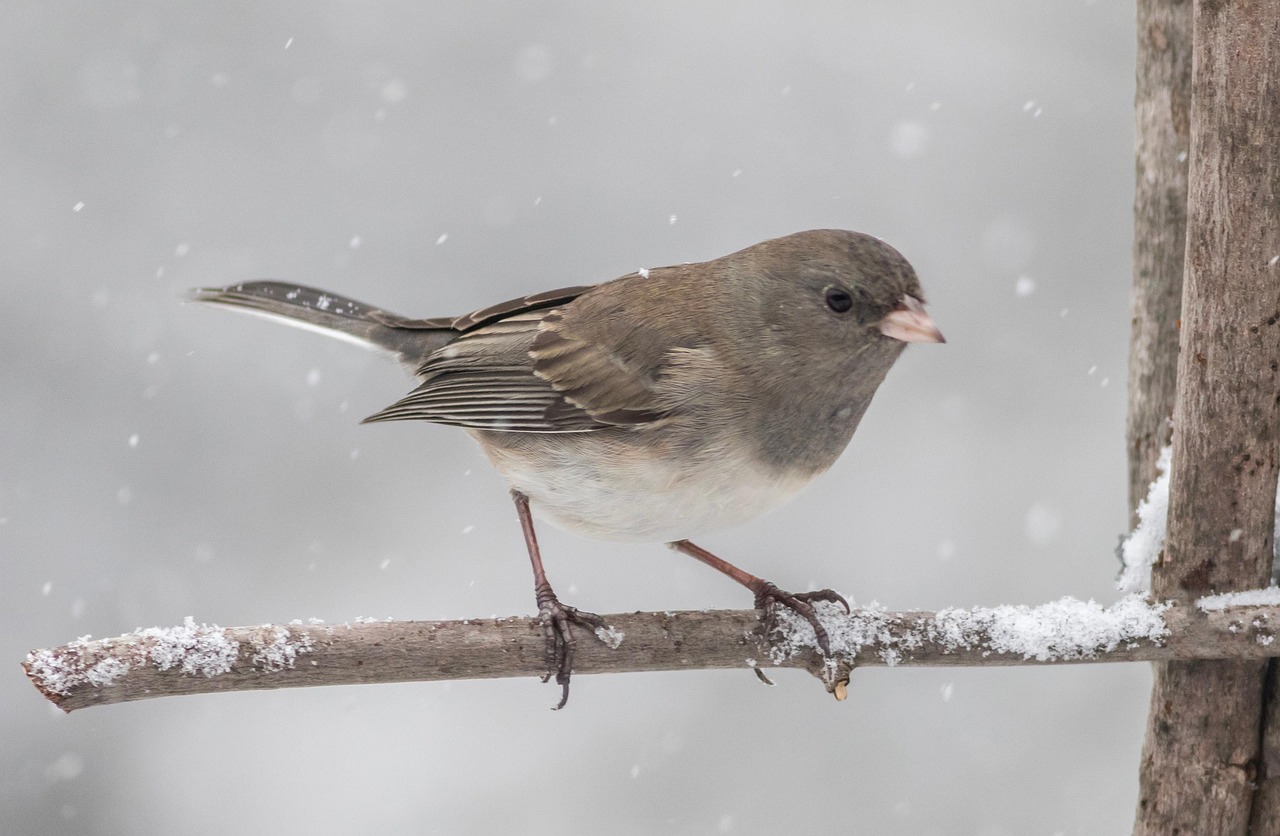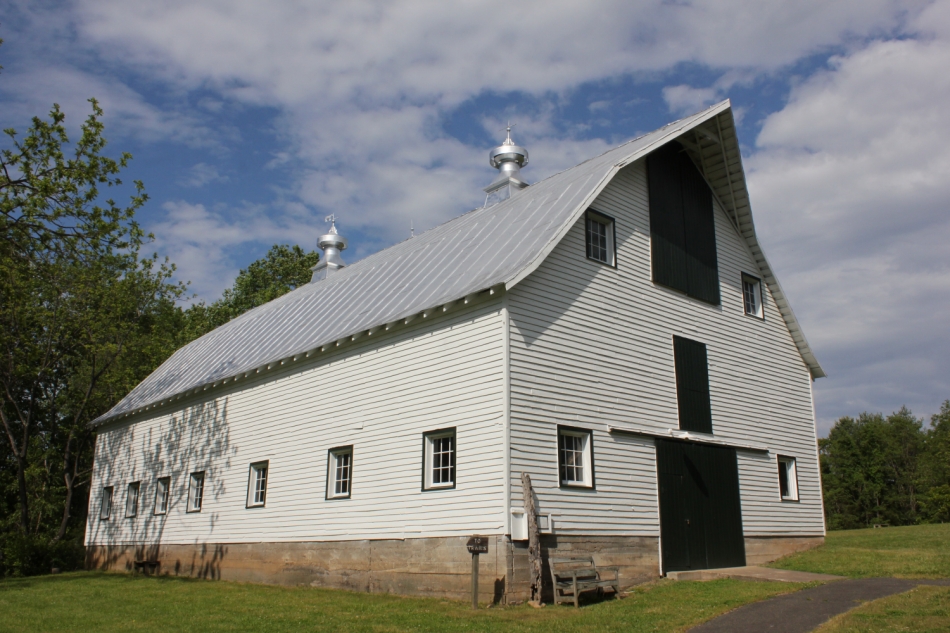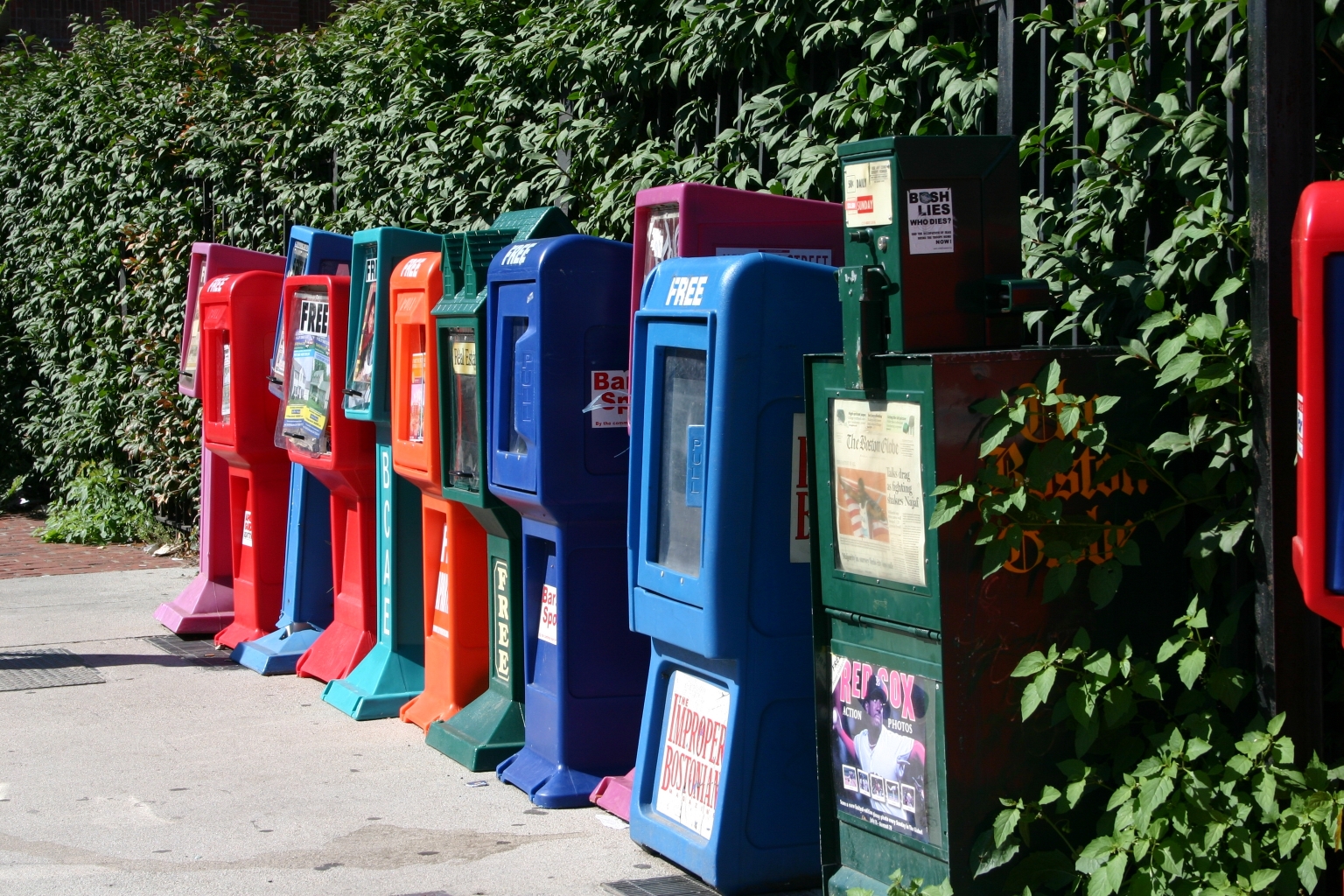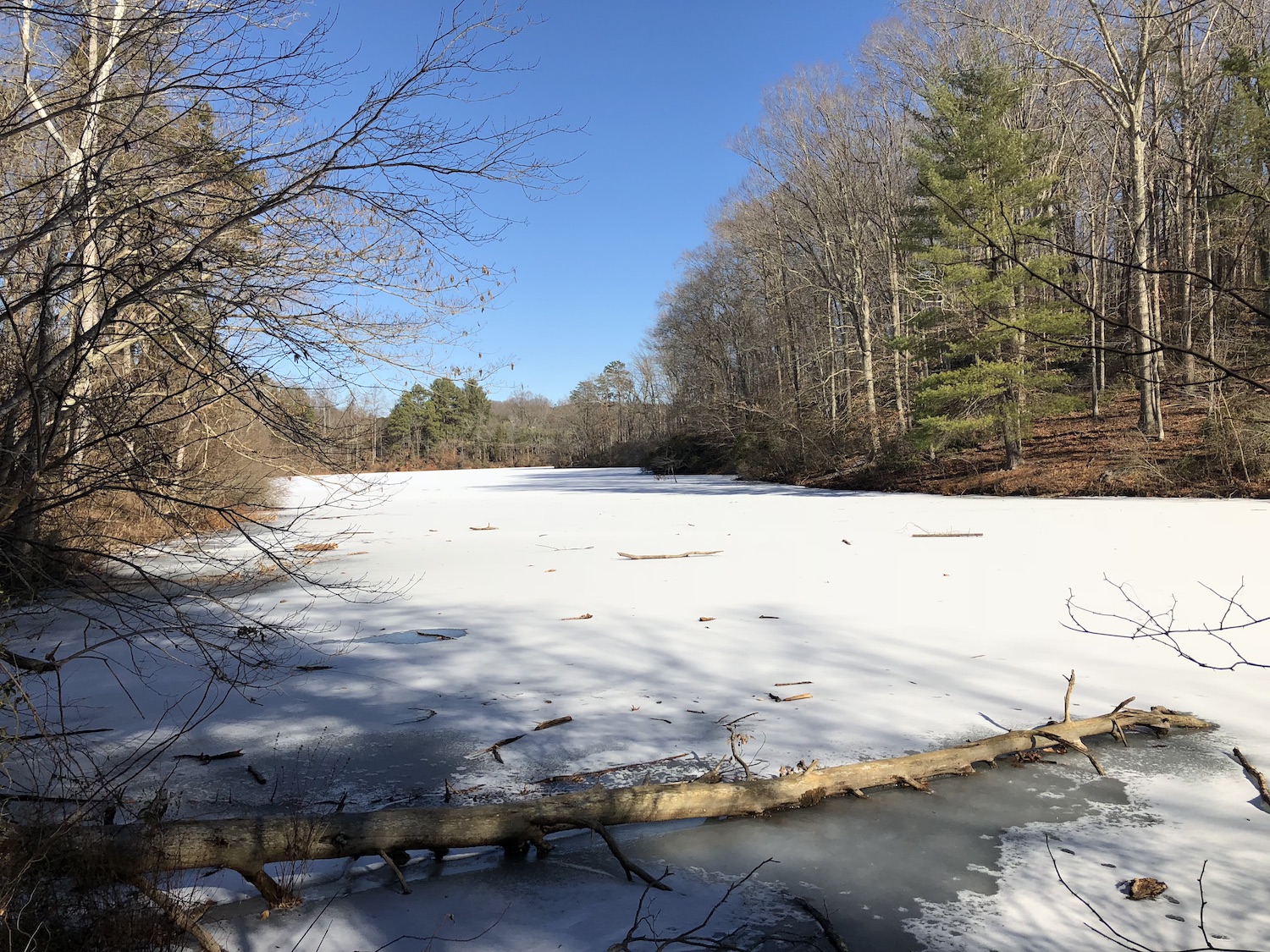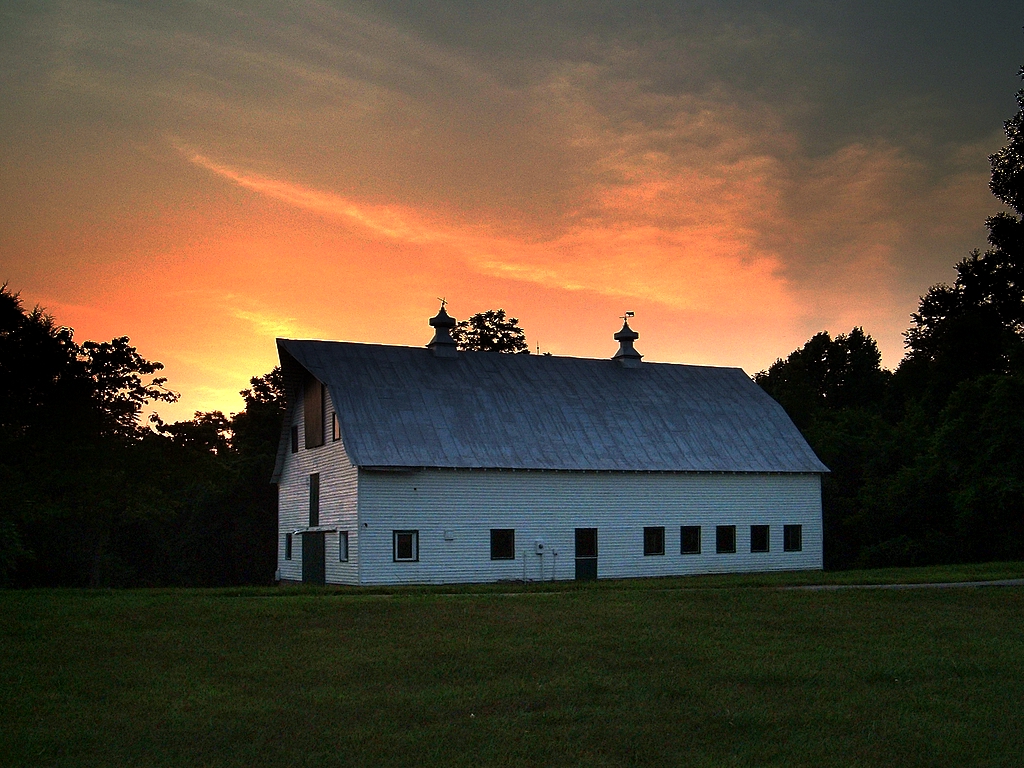This Week at Ivy Creek
Saturday, March 7 | 7:30am
Young Birder’s Club
The Young Birder’s Club, a part of the Piedmont Bird Club, is available for youth between the ages of 7-16 interested in exploring Virginia’s natural world, with a focus on birds. With leaders and mentors, they explore various natural world settings seeking bird sightings in order to discover how to identify birds through sight, sound, behaviors, and habitat. It is free of charge. A parent/grandparent/guardian must remain on site with the minors and are welcome to accompany the group.
The group meets the first and third Saturdays each month in the ICNA parking lot at 7:30 AM. The birding activity takes approximately two hours. This program was recently approved for a $500 grant from the VSO (Virginia Society of Ornithologists) to support the program. These funds will be used to purchase new binoculars! Group mentors and leaders include include Reed Keller, a graduate from the original bird club, Tom Rapp, Louis Sokolow, Carol Wise, and Janet Paisley, members of the Piedmont Bird Club. In September, the group is hopes to offer an offsite visit to Afton Mountain to observe the hawk migration. Parents and guardians are responsible for transporting their child/children.
For more information, please contact Janet at paisley.janet@gmail.com.
Saturday, March 7 | 7:30am
First Saturday Bird Walk
On the first Saturday of each month, the Piedmont Virginia Bird Club offers a bird walk, led by a club member, at Ivy Creek Natural Area and Historic River View Farm. February's walk will be led by Susan Kirk and Reid Keller. Participants gather in the parking lot at 7:30am.
Birders of all levels are welcome. The club has binoculars which participants may borrow. This event is open to the public and no pre-registration is required.
Be in the Know!

Want to be up on the latest at ICF? Sign up for our mailing list here to receive our newsletters and updates.
About Ivy Creek
Scenically shadowed by the Blue Ridge Mountains, the Ivy Creek Natural Area (ICNA) is a 219-acre preserve bordering the South Fork Rivanna Reservoir in Charlottesville, Virginia.
With seven miles of trails traversing a mix of upland woods, pine stands, fields, streams, and shoreline, ICNA is an ideal site to learn about the rich natural history characteristic of Central Virginia.
